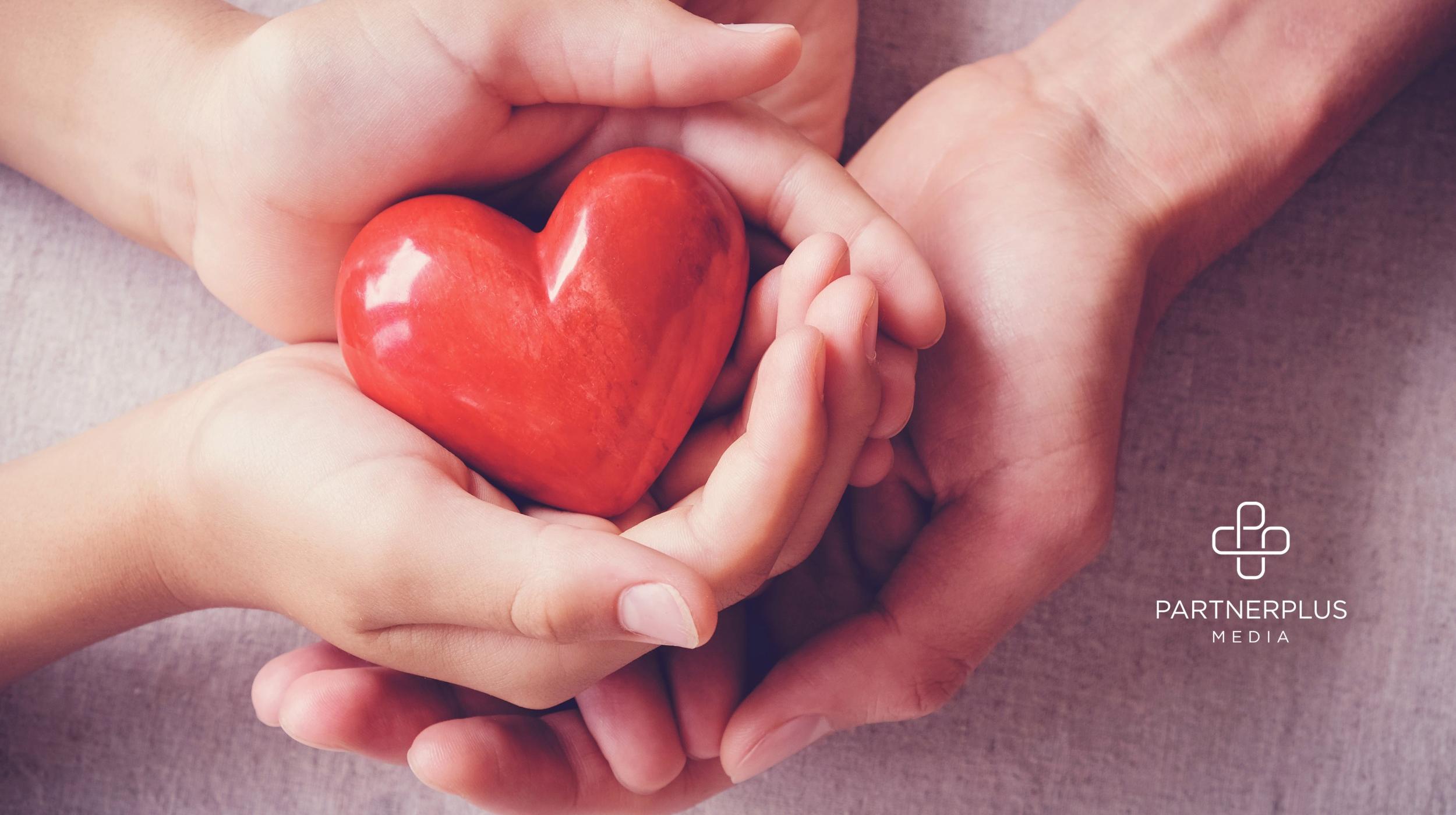Organ Donation, plus Hospice Care, equals a force for good in our world.
Organ donors and hospice care are two concepts that may not seem related at first glance. However, both have the potential to be a force for good in the world. In this blog post, we will explore why and how organ donors and hospice care can positively impact individuals and society.

Organ Donation: A Gift of Life
Organ donation is the process of donating an organ or tissue from one person to another who needs it. The need for organ donors is high, with approximately 112,000 people currently waiting for an organ transplant in the United States alone. Unfortunately, only about 39,000 transplants were performed in 2020 due to a shortage of donors.
Organ donation has the potential to save and improve lives. One donor can save up to eight lives through organ donation and enhance the lives of up to 75 others through tissue donation. Organ donation not only benefits the recipient but also their loved ones who no longer have to see them suffer.
Becoming an organ donor is a simple process. In most cases, you can indicate your desire to be an organ donor on your driver's license or state ID. You can also register online through organizations such as Donate Life America. It's important to talk to your family and friends about your decision to become an organ donor, so they are aware of your wishes.
Hospice Care: A Comforting Presence
Hospice care is a type of care that focuses on providing comfort and support to individuals who are terminally ill. The goal of hospice care is to improve the quality of life for the patient and their family by addressing physical, emotional, and spiritual needs.
Hospice care is provided by a team of healthcare professionals, including doctors, nurses, social workers, chaplains, and volunteers. Hospice care can be provided in a variety of settings, including the patient's home, a hospital, or a hospice facility.
Hospice care can be a force for good by providing comfort and support to individuals and families during a difficult time. Hospice care can also help patients and families make the most of their time together by providing resources and guidance for end-of-life planning.
Hospice care can be a challenging field, but it can also be incredibly rewarding. Hospice care workers have the opportunity to make a positive impact on individuals and families during a difficult time.
The Intersection of Organ Donation and Hospice Care
Organ donation and hospice care may seem like two separate concepts, but they often intersect. Many individuals who are eligible to be organ donors have been under hospice care. Hospice care providers play an important role in identifying potential organ donors and working with transplant organizations to facilitate the donation process.
In addition, organ donation can provide comfort and meaning to families of loved ones who have passed away. Knowing that their loved one's organs have helped save and improve the lives of others can bring comfort and solace during a difficult time.
Conclusion
Organ donation and hospice care are two powerful forces for good in the world. Organ donation has the potential to save and improve the lives of many individuals, while hospice care can provide comfort and support during difficult times. By supporting and promoting organ donation and hospice care, we can make a positive impact on individuals and society as a whole.
Find out more about how Partner Plus helps healthcare providers to increase community awareness surrounding this and other key end-of-life topics:



